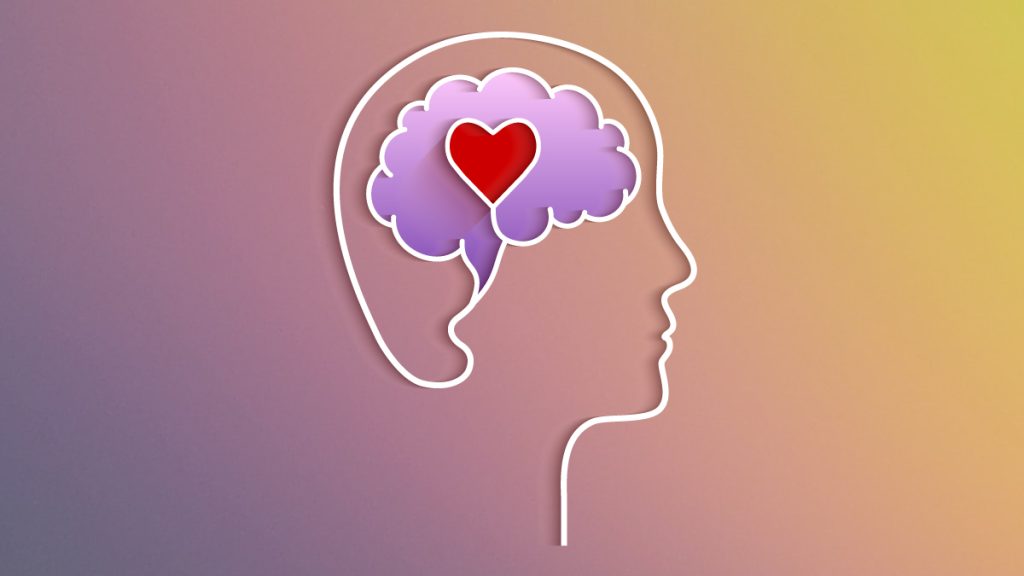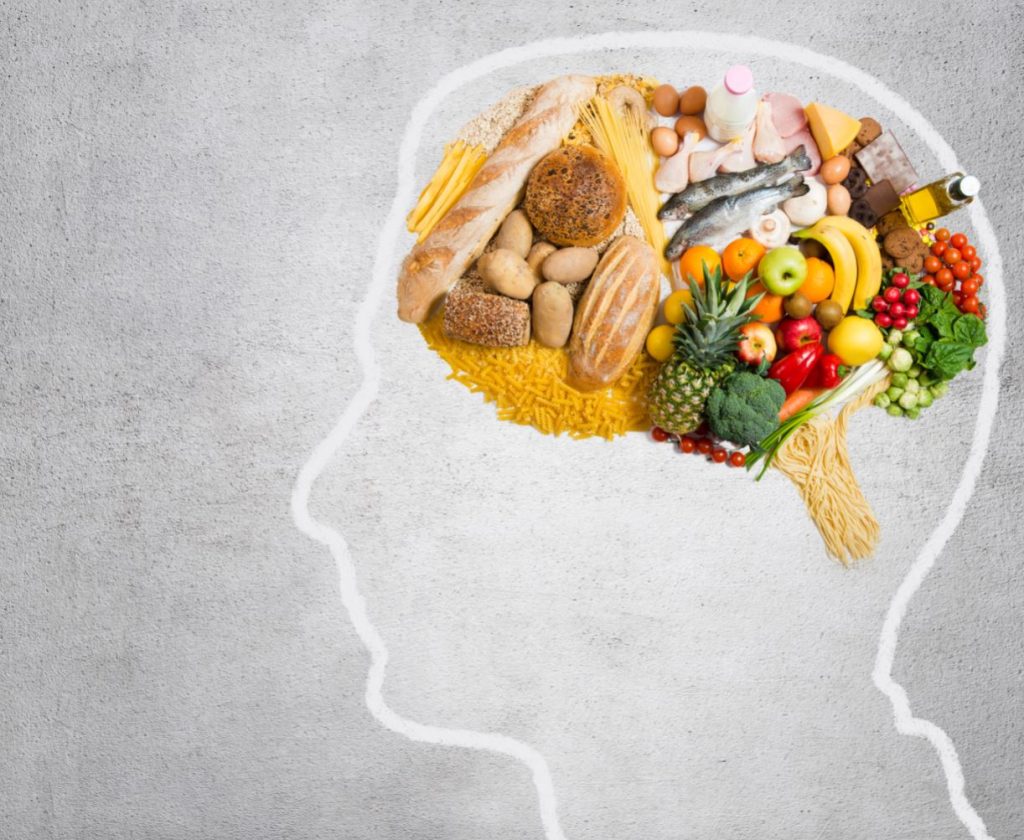Living with chronic pain can be debilitating, impacting every aspect of one’s life, from daily routines to overall well-being. However, with the advent of specialized pain management services, individuals are finding new hope and improved functionality in their everyday lives. Chronic pain knows no bounds, affecting people of all ages and backgrounds. It can stem from various sources, including injuries, medical conditions, or even unknown origins. Regardless of its cause, the effects are profound, often leading to reduced mobility, increased stress, and a diminished quality of life. For many, the journey towards managing chronic pain begins with a visit to a pain management specialist. Pain management services offer a multifaceted approach to addressing chronic pain, focusing not only on symptom relief but also on improving overall functioning. This holistic approach often involves a combination of treatments, including medication, physical therapy, psychological counseling, and interventional procedures. One of the primary goals of pain management services is to restore functionality in everyday activities.
For individuals struggling with chronic pain, even simple tasks like getting out of bed or performing household chores can be daunting. Through targeted interventions and therapies, pain management specialists work to alleviate pain and enhance mobility, allowing individuals to regain control over their lives. Physical therapy plays a crucial role in pain management, helping individuals rebuild strength, improve flexibility, and learn proper body mechanics. By incorporating tailored exercise programs and manual techniques, physical therapists empower patients to overcome physical limitations and regain independence in their daily lives. Additionally, education on posture, ergonomics, and pain management strategies equips individuals with the tools they need to prevent future injuries and manage pain more effectively. In conjunction with physical therapy, psychological support is integral to the success of pain management services and learn more here. Chronic pain often takes a toll on mental health, leading to feelings of anxiety, depression, and social isolation.
Through cognitive-behavioral therapy CBT and other counseling modalities, individuals learn to cope with pain-related stressors, challenge negative thought patterns, and cultivate resilience. By addressing the emotional aspect of pain, patients experience improved mood, enhanced coping skills, and a greater sense of overall well-being. In some cases, interventional procedures may be recommended to provide targeted pain relief. These minimally invasive techniques, such as nerve blocks or injections, can help disrupt pain signals and provide temporary or long-term relief. While not suitable for everyone, interventional procedures offer an additional option for managing pain when conservative treatments alone are insufficient. The impact of pain management services extends far beyond symptom relief it permeates every aspect of an individual’s life. By alleviating pain and restoring functionality, these services enable individuals to reclaim their independence, engage in meaningful activities, and enjoy a higher quality of life. Whether it is returning to work, pursuing hobbies, or simply spending time with loved ones, the benefits of effective pain management ripple through every facet of everyday living. Pain management services play a pivotal role in mending lives affected by chronic pain.





